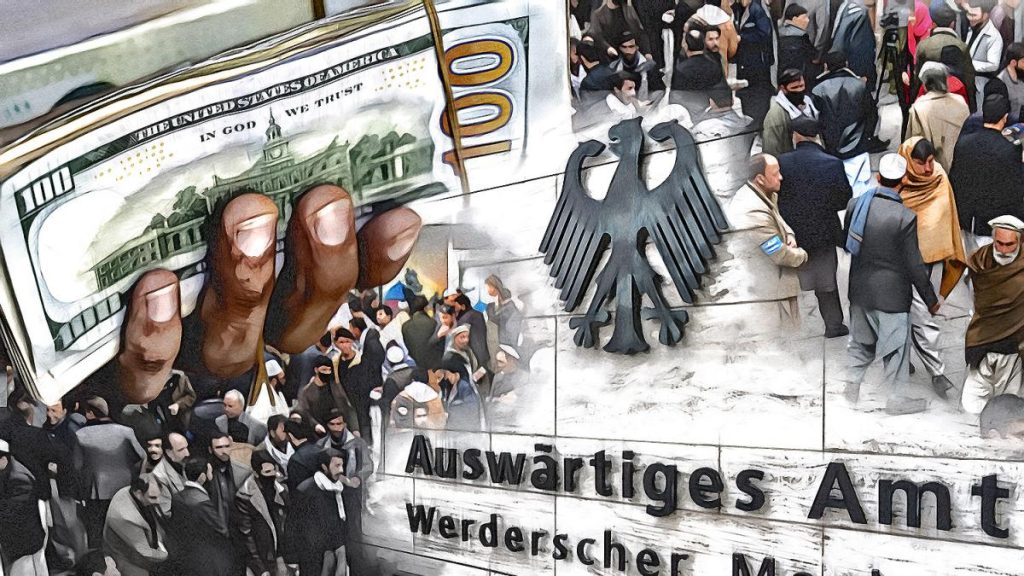The German government is utilizing the controversial “Hawala” system to transfer aid funds within Afghanistan, as revealed in an internal financial plan from the Foreign Office. The Hawala system is an informal payment network that is illegal in Germany, operating without banks and common in Islamic societies. It has been criticized worldwide for its potential use in money laundering and financing terrorism. In a Hawala transaction, the sender contacts a Hawala agent who receives the money, usually in cash, and gives the sender a code to relay to the recipient. The recipient can then collect the money from another agent using the code, even across borders. The agents settle their claims with each other. The Foreign Office has acknowledged using Hawala for humanitarian projects in Afghanistan, despite it being a violation of anti-money laundering guidelines.
The Foreign Office defended its use of the Hawala system, stating that there are limited alternative options for transferring funds in parts of Afghanistan for life-saving purposes. In exceptional circumstances and after assessing risks, temporary financial services like Hawala may be used for humanitarian aid. The Welthungerhilfe, contracted by the ministry, selects Hawala agents through a formal bidding process and conducts extensive checks, including anti-terror screening. Payments are made through bank transfers to foreign accounts, and the exact extent of Hawala use in projects is unclear. The Development Ministry, also involved in aid projects in Afghanistan, specified that seven German organizations are using informal money transfer services for eleven projects, with fees ranging from five to ten percent.
The practice of utilizing public funds through the Hawala system has received criticism in the political sphere. Roderich Kiesewetter, a member of the Foreign Affairs Committee, expressed concern about the lack of effective financial control with Hawala, potentially allowing misuse of German tax money for criminal or terrorist purposes. Transparency International also voiced apprehension, highlighting the inability of Hawala to ensure reliable customer identification in a dysfunctional banking system. The organization emphasized the need for the Foreign Office to ensure that funds reach the intended beneficiaries and to prevent fees from flowing into illicit activities.
A study by the UN Office on Drugs and Crime confirmed the criminality associated with the Hawala system in Afghanistan, with one-fifth of surveyed Hawala agents admitting involvement in opium trafficking. The study also indicated that Hawala agents facilitate human trafficking by providing essential services for illegal migration and connecting migrants with smugglers. The Welthungerhilfe stated that they are aware of the challenges posed by the system and have implemented strict monitoring to ensure funds are used for their intended purposes. The organization emphasized the need for careful oversight to prevent funds from inadvertently supporting criminal or terrorist activities. Transparency International called on the Foreign Office to take additional measures to safeguard funds and prevent misuse in alignment with ethical and legal standards.


